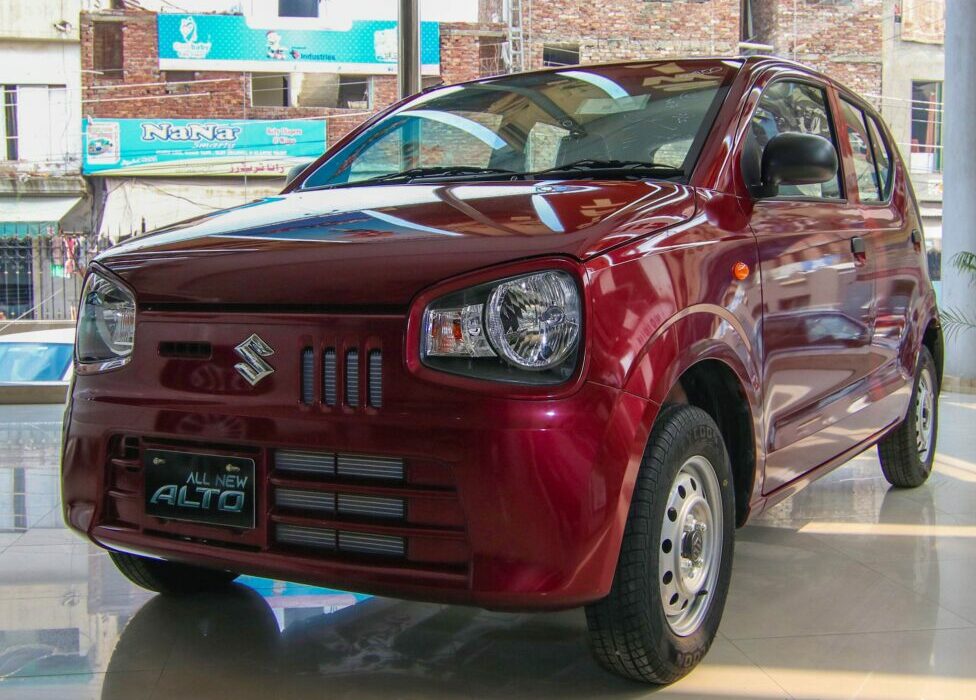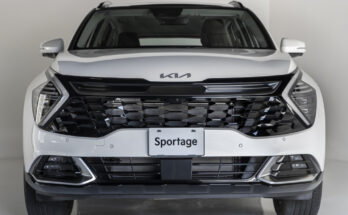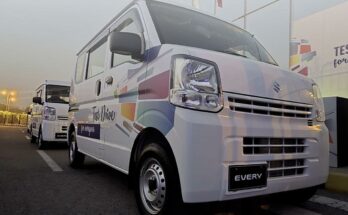Part Four: Some Suggested Solutions
In this last part of our four-part journey, we will look at some potential solutions for our very ailing and on-the-verge-of-collapse auto industry. In case you have missed it, here you can read Part 1, Part 2, and Part 3.
Used Car Imports. The Compromised but Healthier Solution for our auto sector.
When looking at the local assemblers, they first spend a lot on importing CKD kits and parts into Pakistan. Then they have to send money out of Pakistan as profit for their principal companies. It is a double whammy for Pakistan in losing dollar reserves it doesn’t have and can’t really afford.
Here, used imported cars seem to make a compelling case for themselves. With used cars, all we have to do is buy them from any target country, Japan, India, the UK, etc. and bring them here. All that is paid is the price of the used car. No worries about (expensive) company overheads or costs or profits or any corporate red tape. Just a simple one-time fee outside of the country. When it gets to Pakistan, the taxes, the profits, and the benefits can all stay in the country. It’s understood that money will always have to be sent/spent outside of the country to buy used cars; however, because we are talking about used cars, the prices are always less when compared to new car prices. That means, compared to the high prices, compromised quality, and corporate shenanigans of the big corporations, it will still cost the nation less.
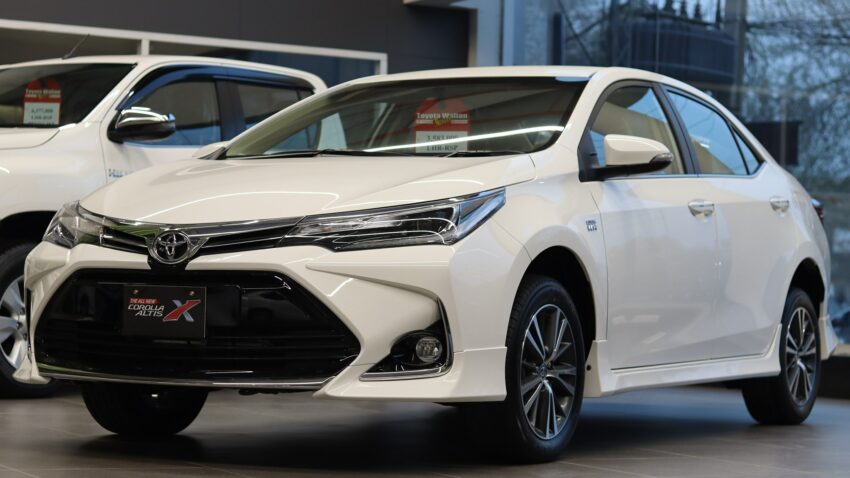
This can be backed up with something I highlighted in our previous article. In FY 2018-2019, Toyota Indus reported paying PKR 5.26 billion in taxes for that whole year. For the very next fiscal year, FY 2019-2020, due to the then government’s curb on imported cars, FBR reported a tax loss of PKR 22 billion in the first 7 months alone because of that curb on imports. So, in just 7 months, the tax loss because of stopping imported cars was more than 4 times that of the taxes paid by Toyota Indus for the whole FY 2018-2019. Used car imports make a better case even for tax collection.
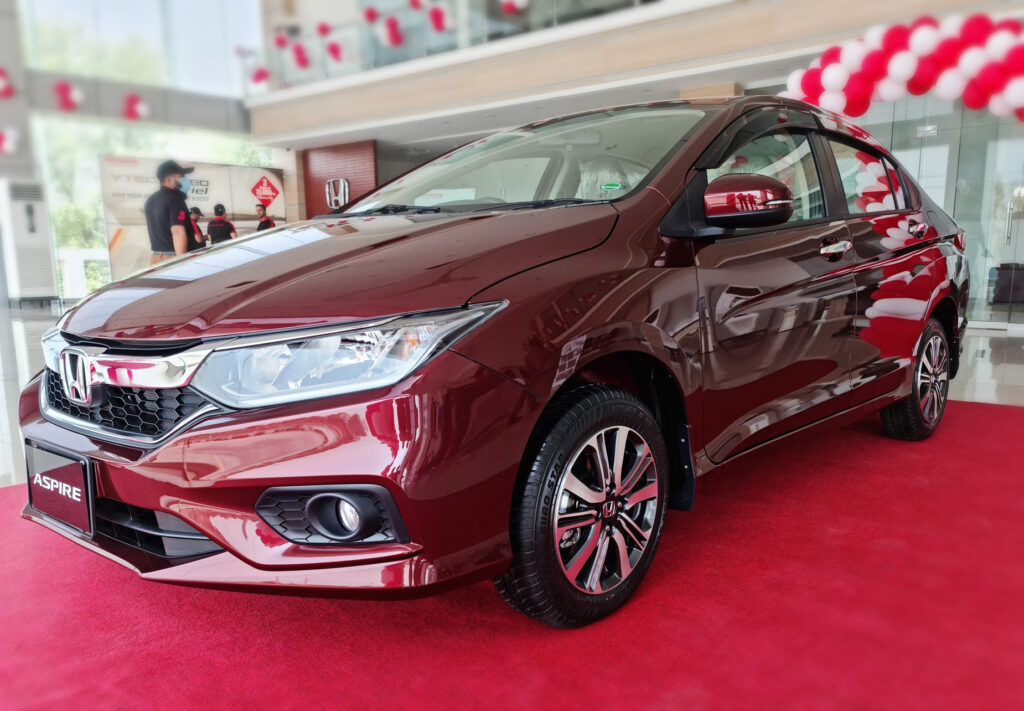
And what of the fear-mongering of these corporations regarding job loss if they have to close shop? They are not now, nor were they ever that important in the local auto industry and they know it. They were never the drivers of technology in the industry; the imported used cars were. The local assemblers were never the drivers of safety features in the local cars; the imported used cars were. As I mentioned in the last part, the used car imports were also what really pushed up the skill levels of the car mechanics across the country and pushed business into the car markets like Shobha, Sultan ka Khoo, Bilal Gunj, etc.
Local companies have always been in favor of stagnating the industry for some reason. Case in point, the 10-year-old Corolla or the over 40-year-old Ravi and Bolan with origins unknown or the myriad of other old, outdated, or obsolete cars and SUV models from various brands. The safety features which are present in the cars are substandard. Only two airbags as standard in this day and age and those too have no actual quality control because there are common cases where airbags do not work in accidents.
Related: Are New Cars in Pakistan Really Worth the Outrageously Expensive Prices?
In the current situation, imports make more economic and business sense. The local auto assemblers are all on restricted production or closed outright due to the LC restrictions anyway. A situation of their own making I might add. So, if they cannot provide; or what they do provide is at a very high cost, why not open the way for Imports? At least for small cheaper vehicles of up to 1,000cc to facilitate the majority of the car-buying market. The sub-1,000cc and 1,000cc market segments, the local assemblers themselves have said on many occasions are not profitable for them. So, it is of no great loss to them if small cars are imported. Also, as sales of such vehicles increase, so too will the tax intake for the country due to their registrations. As an added benefit, most of the modern small cars from Japan are usually at least mild hybrids.
That would also translate to more fuel savings for the average consumer. And, more importantly, as I mentioned in the previous article, a vast majority of people would benefit from the availability of such cheap imports and would use them in some way to earn a living. Politicians are always looking for the best angle for maximum optics impact. Well, this would be the best “Rozgar Scheme” and tax collection boost rolled into one package any government could ever come up with.
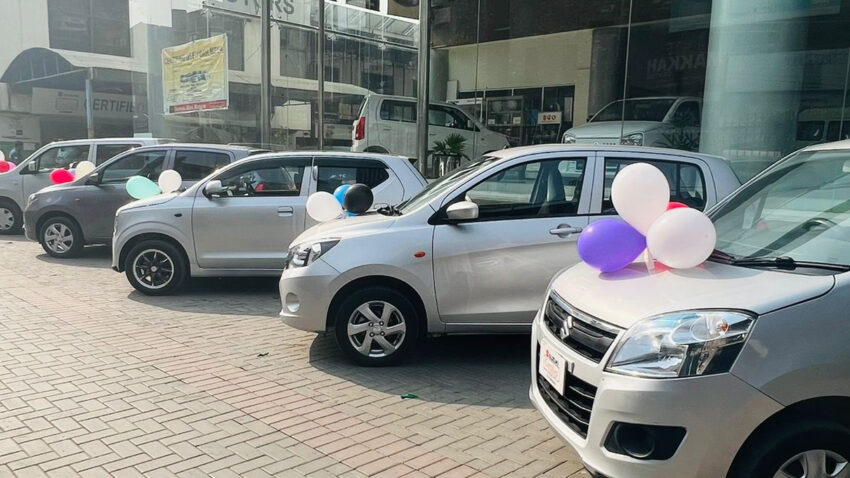
So, from a pricing, technology, safety, tax collection, and even an economic standpoint, the imported used cars make a much more compelling case and are also cheaper for the country. However, such a solution will never be a true solution to Pakistan’s auto industry woes. This would still only be a spend on the economy. What we really need is:
The Required Solution…
The required solution is the one that I have been screaming for in my past articles for years now.
- Stringent Auto Policies that force and incentivize localization for the auto assemblers and parts vendors.
- Reinstatement of the deletion policy with very stringent checks and timelines.
- Follow the recent example of countries like Morocco and Vietnam. Force and incentivize the localization of parts by the local parts vendors. Have them come out from under the heel of the three local Japanese brands and enter the international parts vendors’ market.
- Incentivize and support local parts vendors and auto assemblers in getting new technology and manufacturing processes that allow them to manufacture more and more modern and complex automobile parts locally.
- Reduce taxes on the import of those raw materials and parts, needed by the local parts vendors for manufacturing, which are not locally available in Pakistan. Vendors will use those to make vehicle parts locally to send abroad for export, bringing in vital foreign revenue to the nation.
- Increase taxes on the import of those raw materials which are locally available. This will force the assemblers and parts vendors to buy those raw materials locally thereby benefitting local businesses and the local economy.
- Make export a priority for both local car companies and parts vendors.
- Stipulate that in the case of the local assembly of vehicles and parts manufacturing, the more the exports, the more incentives a company would enjoy. No exports and local sales only would mean the highest levels of taxes and penalties possible.
If any car companies are happy with being local assemblers only, make sure they pay for it. If they want an easier ride, export and localization through stringent deletion policies is the only way forward.
Related: The Critical Auto Parts Makers Crisis in Pakistan
Parts vendors are the ones with the most potential to bring foreign revenue to the nation if they are incentivized correctly and given the right governmental support. They must realize that they are separate entities from the local car companies especially the old three; and that getting out from under the (damaging) shadow of the local assemblers can be the best thing to ever happen to them.
Sum Up
From what we have reviewed in this series of articles, are the people being taken advantage of? Are the local assemblers and vendors worth it? The auto assemblers, especially the old three, love making the ill-informed political parties/governments think they are the most important cogs in the local auto industry. They love branding themselves as the main job creators and industry leaders. This is sadly far from the truth.
For Example, in Vietnam, whose auto industry started years after Pakistan, Toyota is offering many models from small hatchbacks to mid-sized sedans to SUVs. Even their TNGA platform is up and running; assembling the hybrid models of the Corolla and the Corolla Cross.
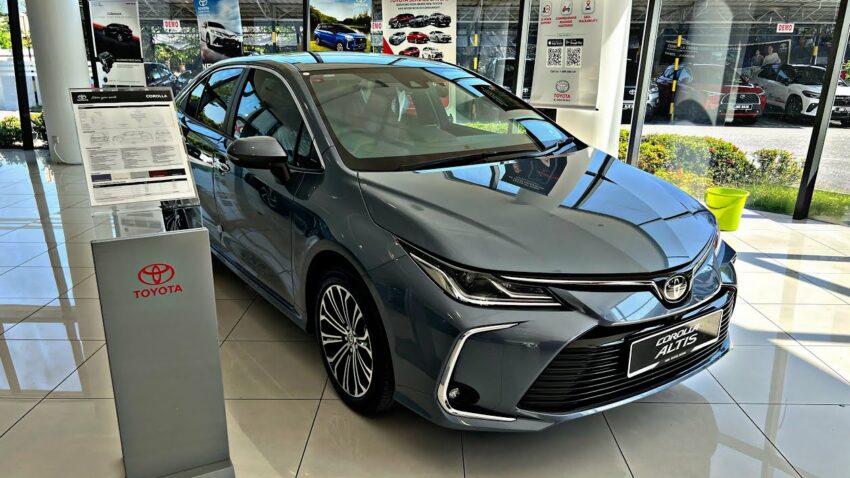
In Ghana, the new 12th gen Corolla is also up and running along with small offerings from Toyota such as the Starlet and Agya. Not only that, in Ghana, the Corolla has four (4) different color combination options for leather interiors and seven (7) color combinations for fabric interiors.
Related: 11th Gen Toyota Corolla Enters 10th Year of Production in Pakistan
And how do we fare in Pakistan by comparison? Not only are we stuck with a 10-year-old, 11th gen Corolla; we only get a basic choice of either Beige or Black interior color. How sad is the existence of even the “king of sedans” in Pakistan? On top of it all, in Pakistan, the TNGA platform is always held hostage by Toyota Indus because, for some reason or another, its implementation is always “coming soon”. Even the assembly of Hybrids by them locally has been a distant dream.
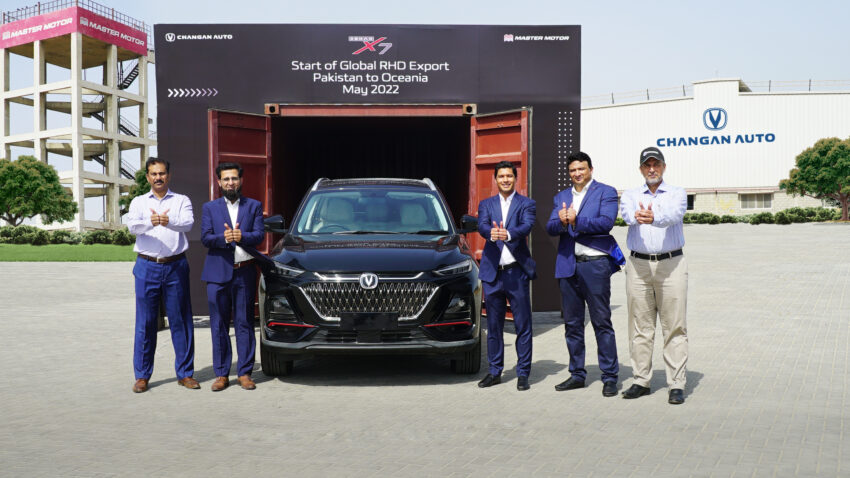
It will be pertinent to acknowledge here that newcomers like Changan and Haval have, at least in theory, achieved what the old three never achieved in their three decades. Changan Pakistan is supposed to be the export hub for their (Right-Hand Drive) Oshan X7. However, so far it is just something to look forwards to. Haval, much to the shame of the old three veteran brands from Japan, has achieved the local assembly of Pakistan’s first modern Hybrid SUV, the Haval H6. However, Haval has a long way to go because currently, it has no localization percentage to speak of. What these companies make of their futures, only time will tell us. Unfortunately, for now, they are still pretty much part of the (import) problem.
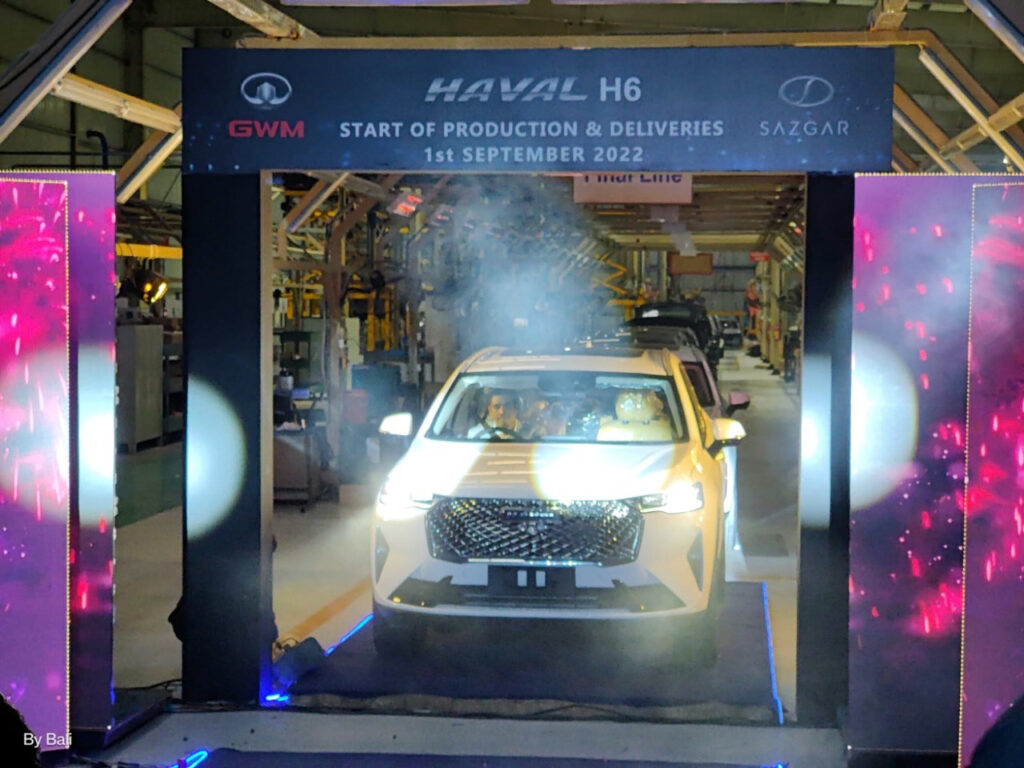
The only thing the local assemblers, especially the old three, led the auto industry in Pakistan towards is technological stagnation. Compromising the deletion policy and making everyone (still) believe it was for the best. Finding ways to compromise and derail all attempts at a working auto policy by the government. Taking advantage of the policymakers’ ignorance and willingness to look the other way and taking full advantage of unchecked price hikes. Which they are still defending, unchallenged, to this day. They are the polar opposite of industry leaders.
The true industry leaders and providers in the auto industry have always been the free and open markets in almost all cities in Pakistan and even the used car imports. These markets are true job providers, providing tens of thousands of business opportunities and jobs and small daily wage jobs to people across Pakistan; and the used car imports have always been the true drivers of technology in the auto sector of Pakistan.
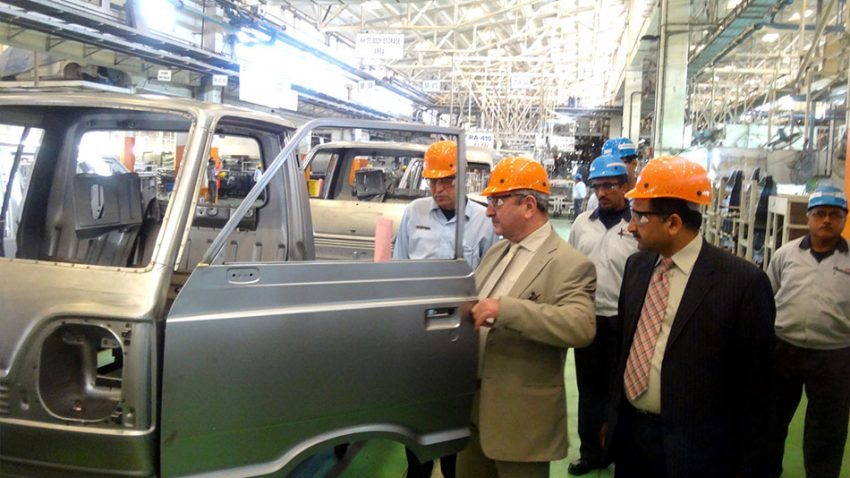
For some reason, the elites in charge of these local auto assemblers, are ok with fighting over scraps. Instead of expanding their businesses and potentially earning much higher revenues, they isolated the market and only sold, and still sell, their wares locally. They took what was a very lucrative tradable trade and turned it into a non-tradable one. A mockery of what an auto industry should be. And that was not all. They compromised any attempts by local companies to establish local auto brands (Proficient and Adam to name a couple) and even locked the local parts vendors into a death spiral making low-quality parts only for them. And now, when even the scraps are running low, they are all at each other’s throats blaming one another for a downfall of their own making.
Instead of realizing their way of doing business so far has now caused their near collapse, they are still crying about opening LCs. They still do not acknowledge the fact that their current business model is not sustainable in the current economic situation in Pakistan. They are still not actively working on expanding their exports or gearing up their localization efforts to help them become more self-sufficient and counter such risks to their businesses. They still don’t help bring foreign exchange into Pakistan and only ever spend the country’s dwindling reserves to import parts. Maybe all these companies’ business teams need a refresher course in planning and risk mitigation. And no; coming up with new ways to circumvent government red tape or making government officials look the other way does not count!
Related: Mahindra Launches INGLO EV Platform and Unveils 5 Electric SUVs
I have come across true-life stories of a person starting from a small corner paan shop in a plaza, and now owning almost the whole of that plaza. Many of us would know the success story of certain Chawal-wala or Barbeque-wala starting their businesses from Thela (carts) out on the street and now they have businesses in multiple cities. And then we have our robber barons in charge of these multinational companies. For some reason, they are happy just sitting atop the proverbial junk pile that they have turned the local auto industry into and are happy with getting scraps.
Expanding a business and/or diversifying is all about earning more profits. Through localization and expansion into exports, these barons would not only increase their own profits but will also create more skilled jobs in the local market. Not only that, by doing all this, they will be hailed as the heroes of their own success stories. Don’t they think it’s time to earn those profits and provide those benefits? Don’t they think it is time to pull up their socks, learn to do business the right way, sit with the big boys at the big boys’ table and earn the big bucks? Or are they out to prove “small minds and small ambitions stay small”?
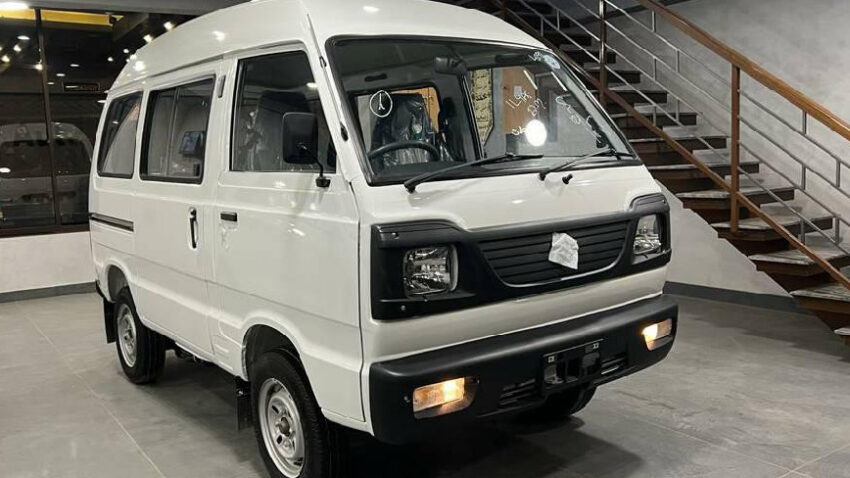
And lastly, to the final part of the problem; our dear government. With its ever-growing list of overqualified, extremely well versed and well-read, and well-experienced officers; their efforts to fix the ailing auto industry in the nation have all amounted to bupkis!
How many times have they formed committees to “look into the sky-high prices of vehicles in the country”, only to never be heard from again? Or how many times have they been given a simple shut-up call by the local assemblers, when asked to explain their prices, by simply stating the government has no right in asking such a thing because Pakistan has a “free market”?
Related: Free Market and the Import of CBUs
If it’s a “free market” as they claim, why are they bothered by the used car imports then? Even with such glaring discrepancies (which we looked at in these articles) in the prices and technology of the local vehicles and no efforts on the part of the local companies to support localization or exports, they are still the ones to “advise” the policymakers on the auto policies. That is like asking the robbers who robbed you to help make your house burglar-proof.
In the previous section, I outlined what the government needs to do to revive and make the auto sector grow and be profitable. Instead, if the government has its way in the upcoming budget, taxes will increase on vehicles and no benefits at all are in any way planned for the auto sector to achieve the much-needed localization.
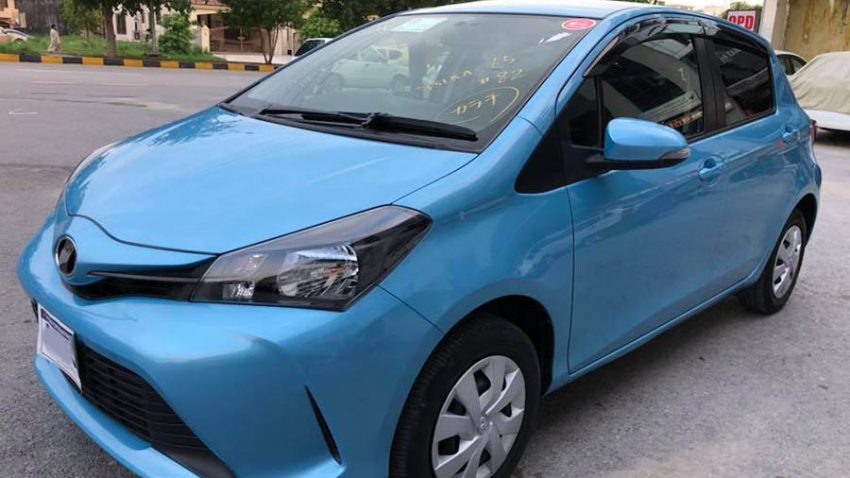
And stuck in the middle of all this is a majority of the nation. People need mobility options, yet companies will not provide them because small affordable cars are not profitable for them. What the companies do provide is so overpriced that they are out of reach for most. The people cannot even turn to imported used cars because they have been almost eradicated thanks to the efforts of the local assemblers posing as “manufacturers”. Even small cars which they do not even assemble locally and are not part of their business models have been taken away from the common man. What is available, even in small used imported cars, has been made so expensive thanks to the myriad of accumulative taxes slapped on for the benefit of the local assemblers, even if they are out of reach for most of the nation. Even the two-wheelers are now out of reach for most. Mobility has been curbed in Pakistan thanks to the same companies whose business model IS mobility.
So, back to the original question. Are the people being taken advantage of? Judging from what we have discussed in this series of articles, I think the answer to that question is painfully obvious.
Contributed by: Muhammad Ali Khan– A guy who is passionate about cars and concerned about the state of the auto sector in the country. 
Read other articles in this series:

CarSpiritPK welcomes Guest Posts. If you have the ability to generate quality content and can write some relevant and useful piece of information to be shared with our readers, feel free to contact us at: [email protected] Send you emails titled as (Guest Post submission)

